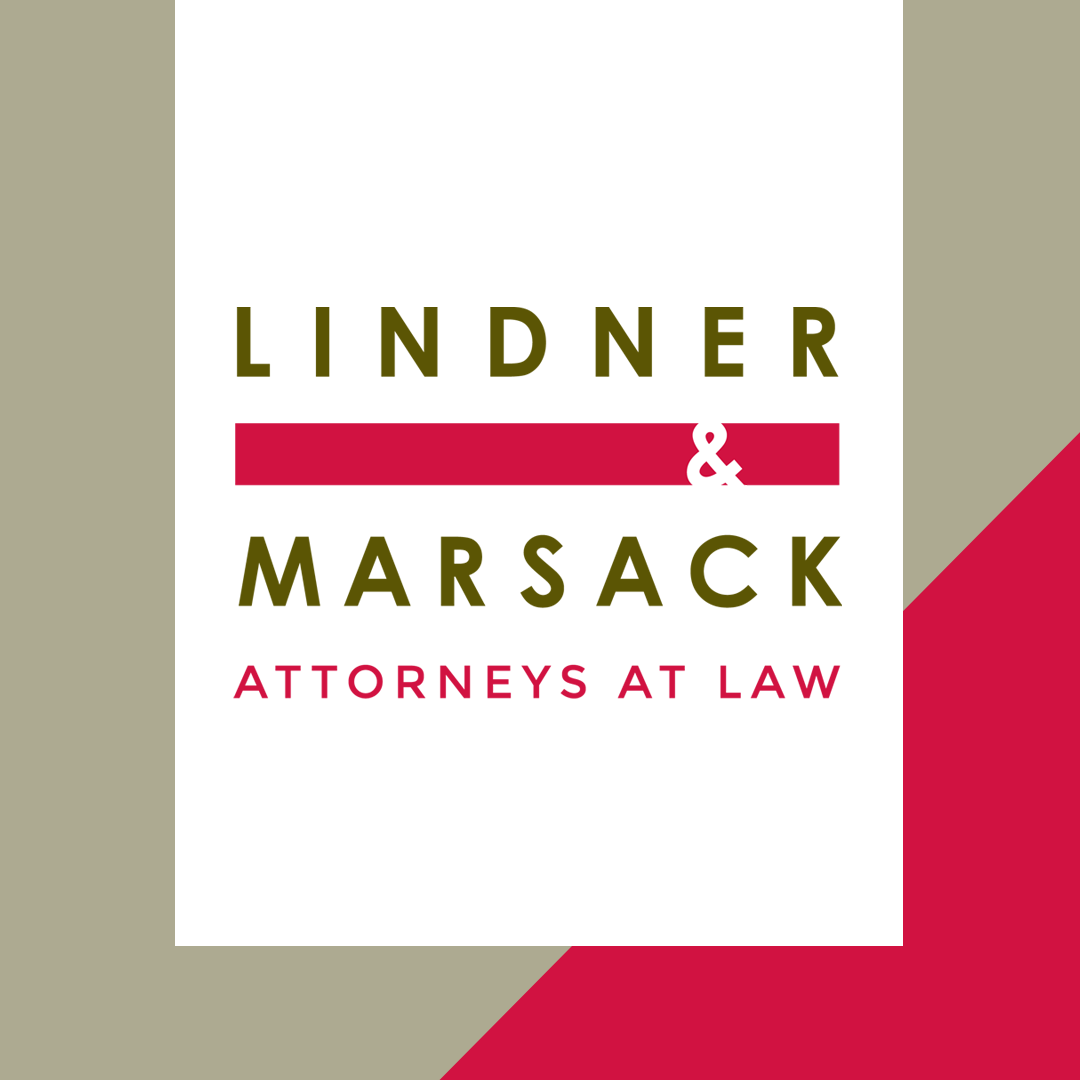By: Daniel Pedriana, Joseph Birdsall and Claudia Harke On January 9, 2018, District III of the Wisconsin Court of Appeals decided that Wis. Stat. § 102.29(6)(b)1 allows an injured temporary employee to choose between filing a worker’s compensation claim and suing the temporary employer for tort damages. In Rivera v. West Bend Mutual, Carlos Rivera […]

Employers Who Utilize Temporary Or Loaned Employees Are Now Potentially Liable For Third Party Claims Brought By An Injured Employee
Leave a reply
